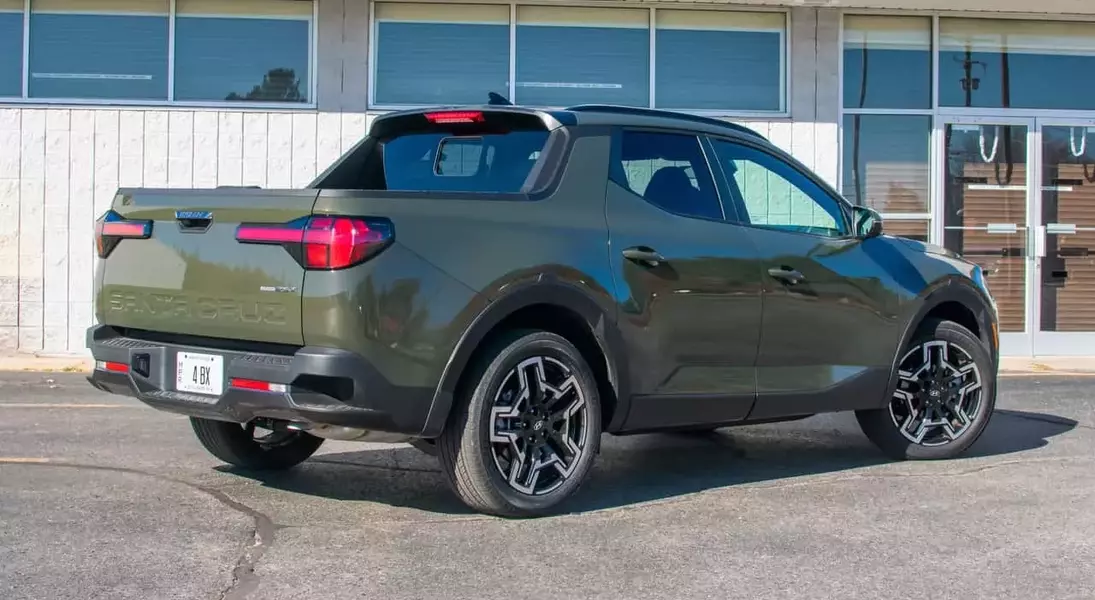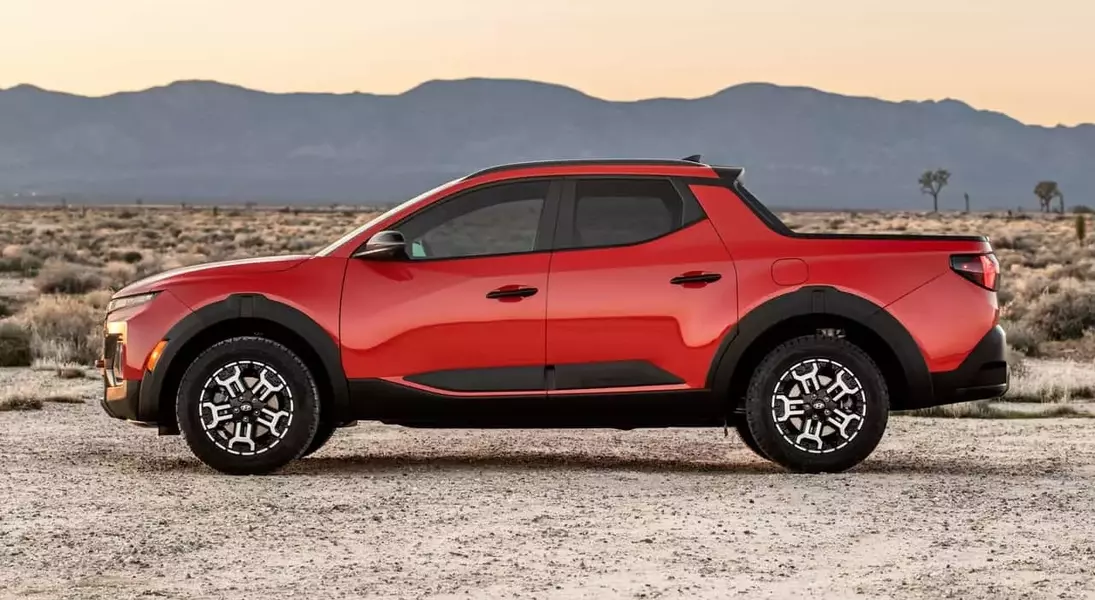



Hyundai is gearing up to introduce a groundbreaking pickup truck that its Australian CEO describes as 'mind-blowing.' This new vehicle represents Hyundai's strategic push into the competitive mid-size pickup segment, where it aims to rival established players like the Ford Ranger. Unlike previous collaborations, this upcoming model will be an entirely in-house development, emphasizing unique technological advancements rather than simply rebadging an existing design.
While Hyundai has a history with utility vehicles, such as the Porter in Korea and the compact Santa Cruz, the brand is now expanding its truck offerings significantly. Beyond the Santa Cruz, Hyundai is developing a mid-size pickup in conjunction with General Motors for Central and South American markets. Separately, another mid-size truck for North America is anticipated before the decade's end, highlighting the company's global commitment to this vehicle type.
The eagerly awaited Australia-bound pickup, which will be a body-on-frame design, is being developed independently, without any involvement from General Motors. Hyundai Australia's CEO, Don Romano, has expressed immense confidence in the vehicle, promising a truly innovative product that will not merely be a rebranded Kia Tasman or a GM derivative. This commitment to distinct design and engineering underscores Hyundai's ambition to make a significant impact in the pickup market.
A key aspect of this new truck is its powertrain, which Romano hinted would be a 'different type of hybrid,' not necessarily a plug-in hybrid. This suggests the possibility of an extended-range electric vehicle (EREV) system. EREVs operate much like electric vehicles, with a gasoline engine acting solely as a generator to charge the battery, which then powers the electric motors. This technology is particularly well-suited for larger, heavier vehicles like pickup trucks, offering both impressive range and EV-like performance.
Hyundai has recently affirmed its dedication to developing EREVs, with the first models expected to debut in 2027. These vehicles are projected to deliver over 600 miles (approximately 966 kilometers) of combined range. By leveraging such advanced hybrid technology, Hyundai aims to carve out a distinct niche in a market that is increasingly seeing new entrants, including a new generation of the Toyota Hilux and a growing number of Chinese pickups. Romano firmly believes that Hyundai's unique technological offerings will enable it to stand out and succeed, even as a relatively late contender in the segment.
Hyundai's entry into the body-on-frame mid-size pickup market, while somewhat delayed, is poised to be a strong one, driven by innovative technology and a commitment to distinct engineering. The company is confident that its new truck will offer a compelling and unique option for consumers, securing a significant share of the evolving global pickup truck market.
